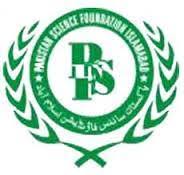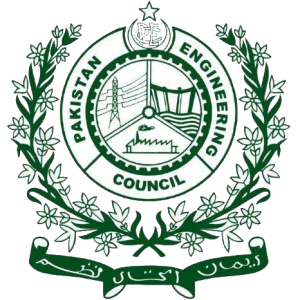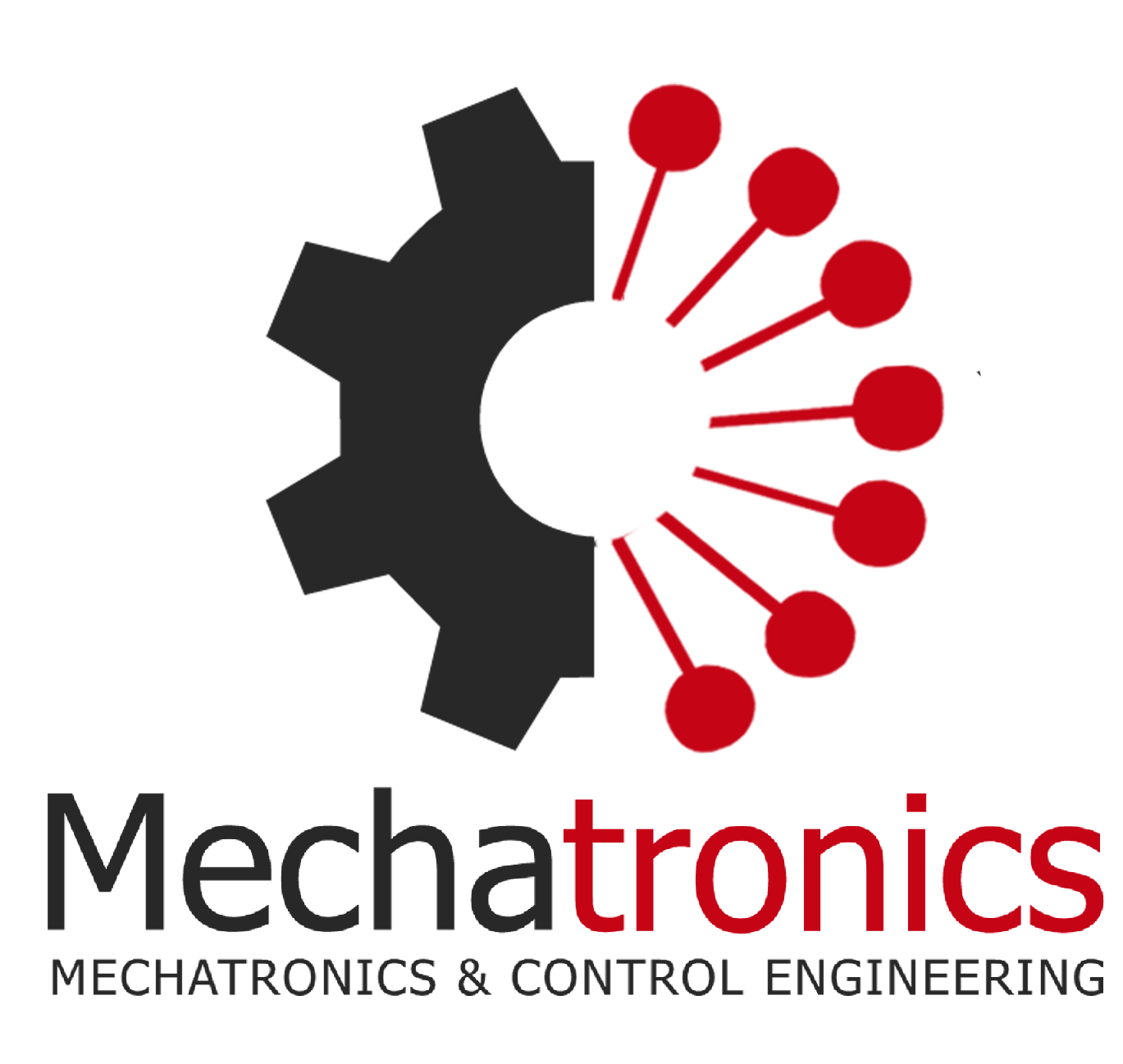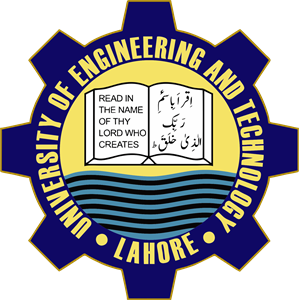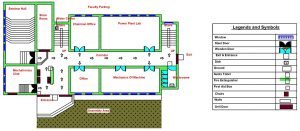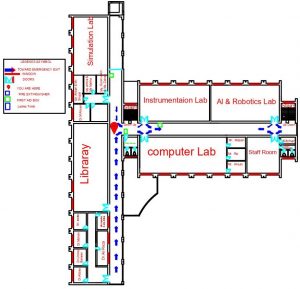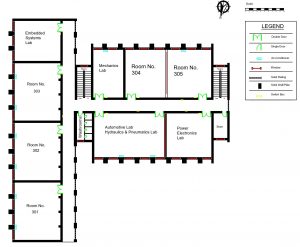Mechatronics is the synergistic combination of mechanical engineering, electronics, control engineering and computer science. It is essential in the design of intelligent products; it enables engineers to transform modern concepts into reality. Currently, the use of intelligent products with improved flexibility, performance, reliability and maintainability is crucial for the economic vitality of any country. Thus, mechatronics engineering carries the potential to make major impacts upon various industries such as automotive, consumer electronics, biomedical and robotics/automation. At the same time, mechatronics is becoming popular at universities from the viewpoint of research as well. Research areas, relevant to mechatronics, are diverse and include robotics, actuators/sensors, microelectromechanical systems (MEMS), mechatronic devices/machines, control of mechatronic systems, human-machine- interface/haptics, embedded computing and software engineering as well as design/integration methodologies for mechatronic systems. Initially, mechatronics was offered as a postgraduate degree program at UET Lahore in 1999. Keeping in view the futuristic needs as well as the market demand, the undergraduate program was initiated in 2001. The programs were run by the department Mechanical Engineering, and after maturation, by independently constituted department of Mechatronics & Control Engineering (DMCE) from 2005. Present undergraduate enrollment is 318 students. The undergraduate program is designed to address the needs of technology-based-industries. It provides in-depth knowledge in the fundamentals, design, development, analysis and operation of mechatronic systems. The objective of the program is to provide a course of study which enables the students to effectively design integrated systems. The prime role of mechatronics is one of initiation and integration throughout the design process, with mechatronics engineer as the team leader. Up until 2021 seventeen batches are serving the industry. Our graduates are serving in mechanical, electronic, instrumentation, automation, oil & gas, aviation and other sectors.
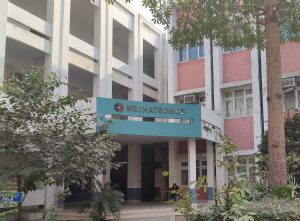
- The undergraduate program is one of the oldest in Pakistan (started in 2001).
- The program has a multi-disciplinary composition keeping pace with the modern developments in the field.
- It is consistently among the top choices during yearly student intake.
- The average class is observed to have a healthy urban-rural balance in addition to having a good gender balance. Thus, the program reflects true spirit of Pakistan.
- The department provides significant seed money to all the groups working towards their final year projects.
- The students have successfully participated in a number of national level competitions
- The alumni reflect success of the program both in industry and academia.
- The undergraduate program was successfully accredited under OBE system in 2017 (for sessions 2013 and 2014).
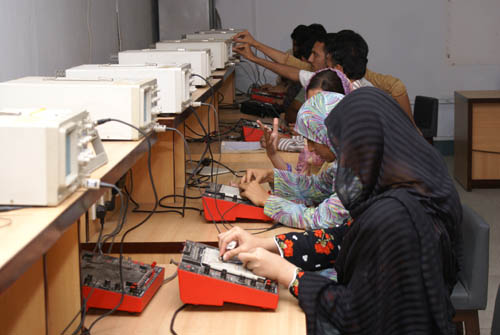
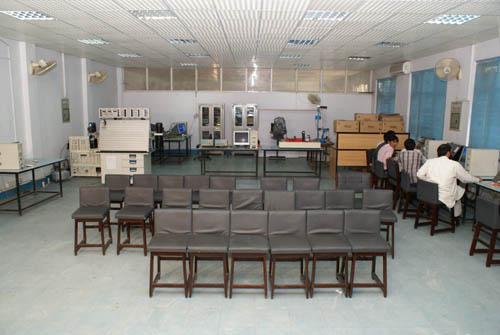
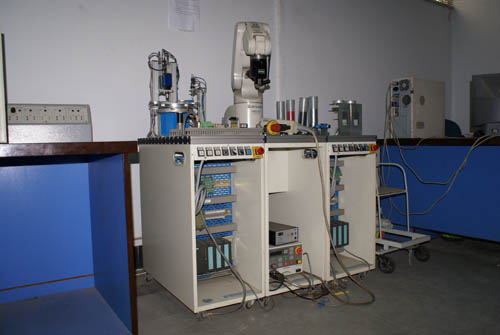
The department, through quality education and enabling environment, aims to foster professional engineers capable of designing complex Mechatronic systems, serving current industrial needs and developing innovative technologies.
- Can skillfully design and implement integrated solutions to general Mechatronics engineering problems
- Is capable of developing professional skills, while adhering to high ethical values, to excel in industry, research organizations and succeed in entrepreneurial ventures
- Can innovate and embark on new directions in advancing the Mechatronics technologies which have direct national and international relevance.
- Engineering Knowledge: An ability to apply knowledge of mathematics, science, engineering fundamentals and an engineering specialization to the solution of complex engineering problems.
- Problem Analysis: An ability to identify, formulate, research literature, and analyze complex engineering problems reaching substantiated conclusions using first principles of mathematics, natural sciences and engineering sciences.
- Design/Development of Solutions: An ability to design solutions for complex engineering problems and design systems, components or processes that meet specified needs with appropriate consideration for public health and safety, cultural, societal, and environmental considerations.
- Investigation: An ability to investigate complex engineering problems in a methodical way including literature survey, design and conduct of experiments, analysis and interpretation of experimental data, and synthesis of information to derive valid conclusions.
- Modern Tool Usage: An ability to create, select and apply appropriate techniques, resources, and modern engineering and IT tools, including prediction and modeling, to complex engineering activities, with an understanding of the limitations.
- The Engineer and Society: An ability to apply reasoning informed by contextual knowledge to assess societal, health, safety, legal and cultural issues and the consequent responsibilities relevant to professional engineering practice and solution to complex engineering problems.
- Environment and Sustainability: An ability to understand the impact of professional engineering solutions in societal and environmental contexts and demonstrate knowledge of and need for sustainable development.
- Ethics: Apply ethical principles and commit to professional ethics and responsibilities and norms of engineering practice.
- Individual and Team Work: An ability to work effectively, as an individual or in a team, on multifaceted and /or multidisciplinary settings.
- Communication: An ability to communicate effectively, orally as well as in writing, on complex engineering activities with the engineering community and with society at large, such as being able to comprehend and write effective reports and design documentation, make effective presentations, and give and receive clear instructions.
- Project Management: An ability to demonstrate management skills and apply engineering principles to one’s own work, as a member and/or leader in a team, to manage projects in a multidisciplinary environment.
- Lifelong Learning: An ability to recognize the importance of, and pursue lifelong learning in the broader context of innovation and technological developments.
